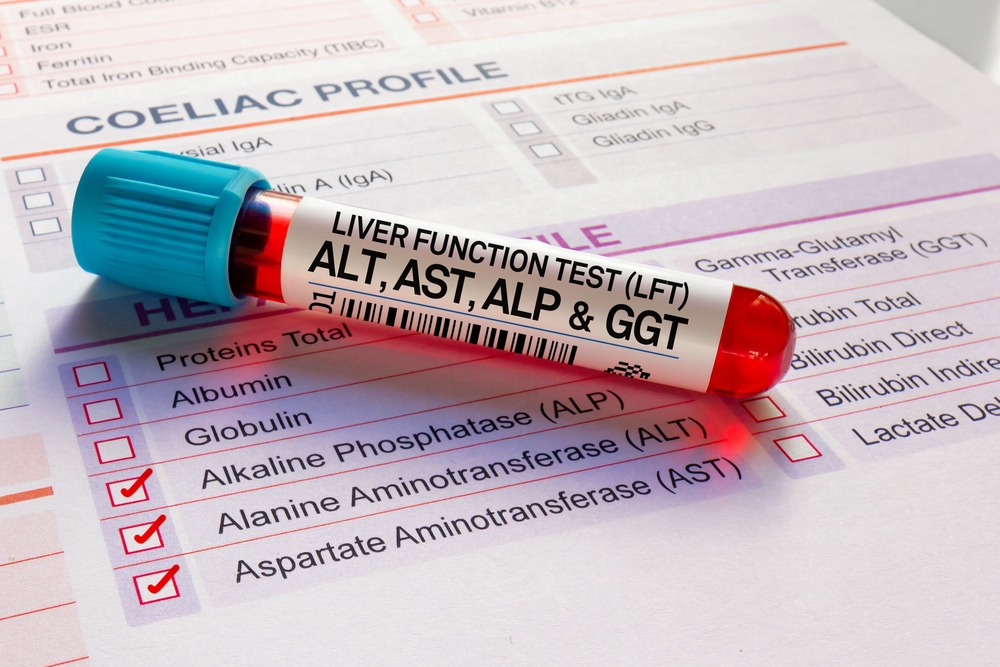The U.S. Food and Drug Administration (FDA) has issued a warning that Veozah, a drug used to treat hot flashes due to menopause, can cause a rare but serious liver injury and suggested healthcare providers conduct hepatic lab tests before and after prescribing it.
The FDA notes that stopping the drug when liver injury is indicated can prevent it from worsening and potentially return normal liver function.
In addition to ordering liver tests before prescribing Veozah, which was approved just over a year ago as the first nonhormonal medication for moderate to severe hot flashes, the FDA now recommends monthly testing for the first three months and then at six and nine months.
Patients should be told to immediately stop taking the drug if they experience symptoms that suggest liver problems, such as fatigue, nausea, vomiting, unusual itching, light-colored stools, yellowing of skin or eyes, dark urine, or stomach pain and swelling.
The FDA’s warning comes after a case was reported to its Adverse Event Reporting System Database of a patient who experienced several of those symptoms within 40 days of starting Veozah. Their liver test values were elevated, but gradually returned to normal after stopping the medication.
The FDA recommends the following testing:
- Before starting Veozah, perform baseline liver blood tests to assess liver function, including serum ALT, serum AST, serum ALP, and serum bilirubin (total and direct). During treatment, perform follow-up liver blood tests every month for the first three months, and then again at months 6 and 9 of treatment.
- Do not start Veozah if the concentration of ALT, AST, or total bilirubin is equal to or exceeds two times the upper limit of normal (ULN).
- Stop Veozah if transaminases exceed five times the ULN, or if transaminases exceed three times the ULN and total bilirubin is more than two times the ULN.
- Perform more frequent follow-up liver blood tests if the transaminases exceed three times the ULN, but the total bilirubin is not more than two times the ULN. If the liver blood test values are elevated, exclude alternative causes of liver injury.

